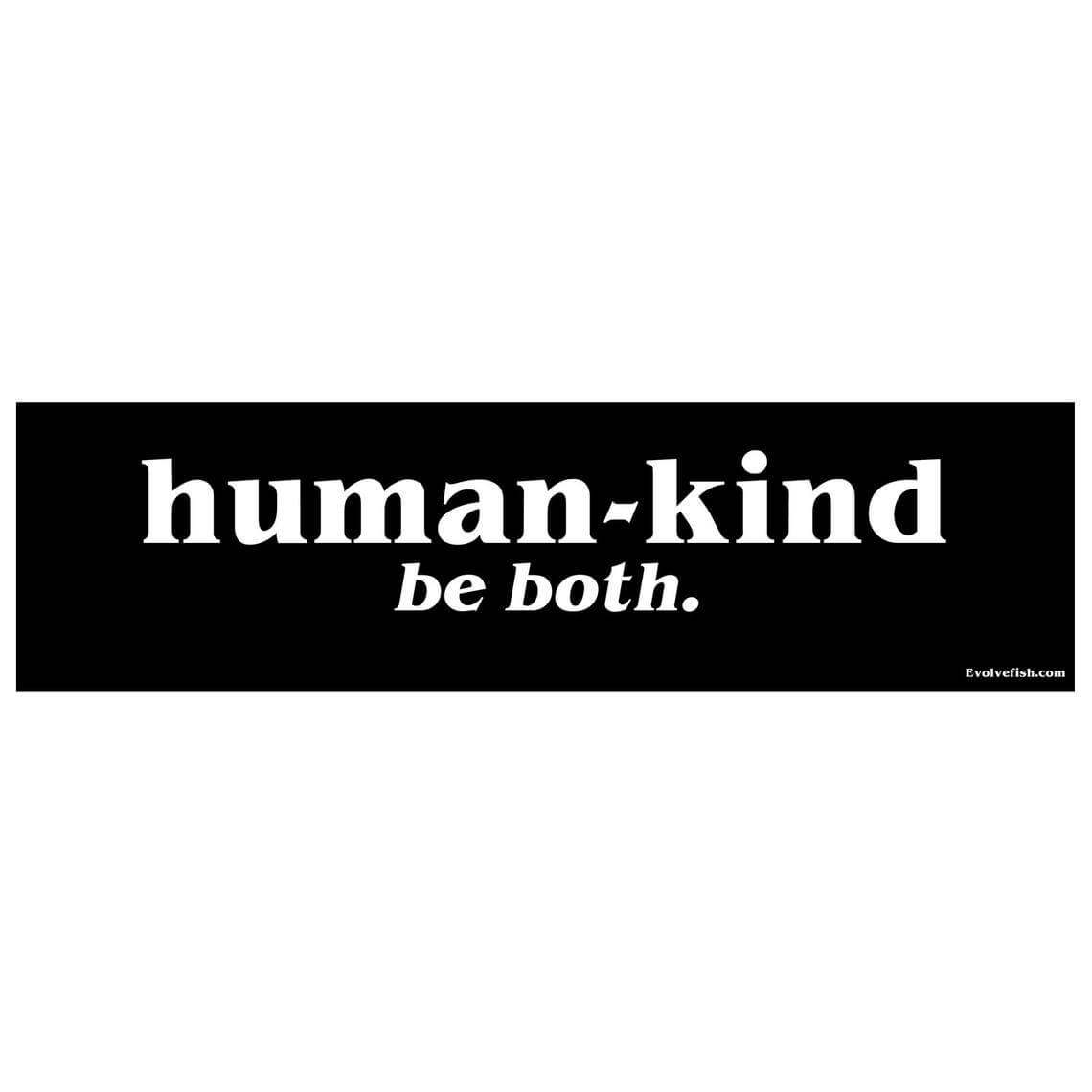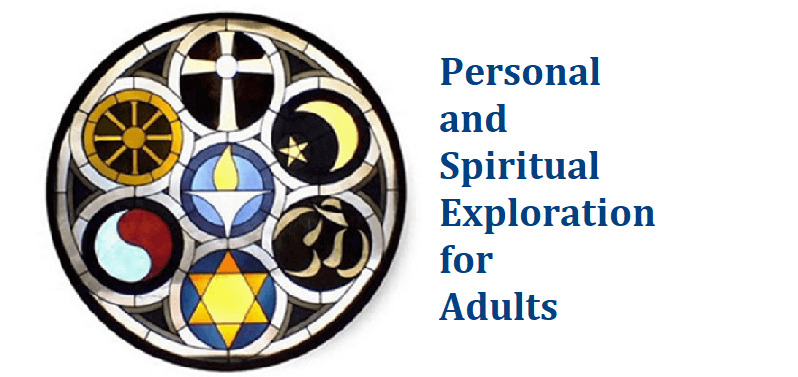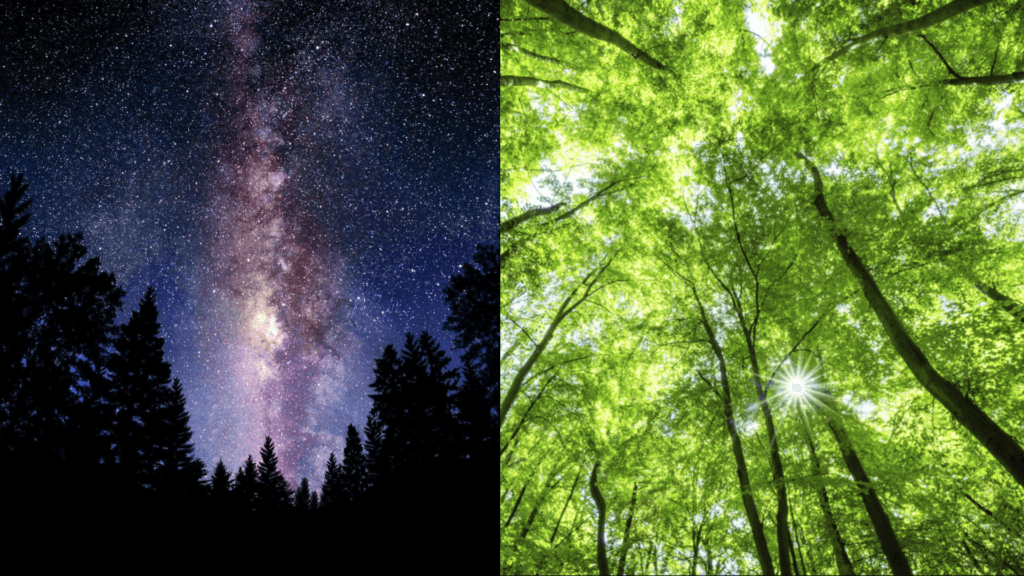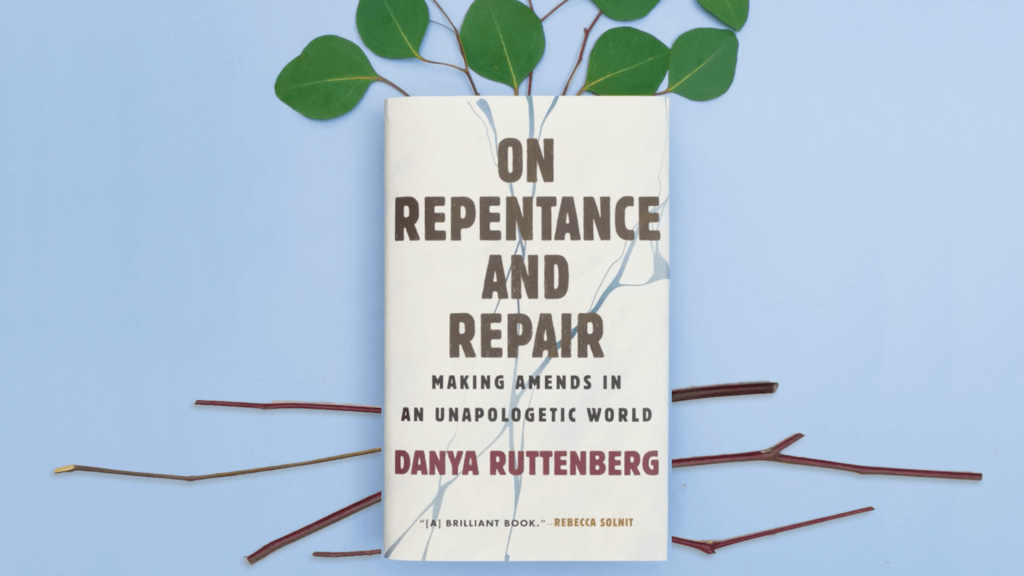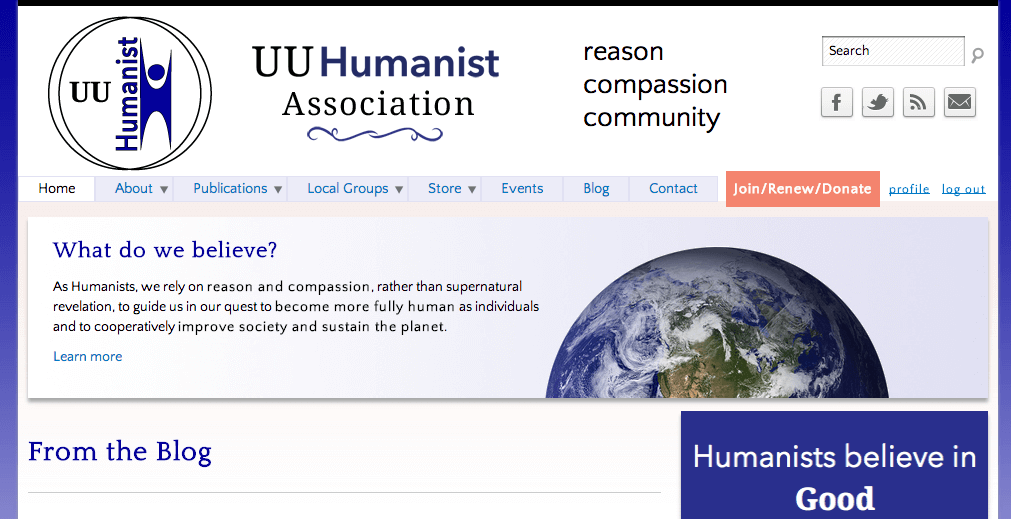
The UU Humanist Association (on whose board I have been privileged to serve for the past several years) has just published the long-anticipated, latest issue of its semi-annual journal, Religious Humanism. Whereas past issues have often dealt with weighty themes such as anti-racism, climate change, ontological naturalism, and interfaith cooperation, the latest installment delves into a lighter, fun topic: Humanist “elevator speeches.” You can read more about the edition here.
Back in January, when the theme was announced and submissions were solicited, AAHS held a lively discussion about the challenge of coming up with our own short but insightful UU and Humanist elevator speeches. I was excited to see that the journal features two beautiful quotations about compassion and caring from UUSM’s own Cassandra Christenson!
Here are some other highlights by way of a brief preview…
The Rev. Dr. Roger Brewin, minister emeritus of the First Unitarian Church of Hobart, IN, and the journal’s longtime editor, writes:
I’ll share two of my favorite Humanist bumper stickers. The first makes the claim that all of us, regardless of our faith or philosophy, experience or ideology, possess at best, imperfect knowledge. It reads “Militant Agnostic: I Don’t Know! — and you don’t either.” The second, equally important, says simply “Humankind: Be Both.” Some days I am inclined more to one of these statements, some days the other. Every day I realize they must be offered together. Gentle skepticism and basic Humanist ethics, spoken with a touch of humility and the hope of further conversation.
Michael Werner, a prolific writer, longtime UU and past president of the American Humanist Association, writes:
Our hearts long for an integrated whole view of life, where our ideals match reality … for a vital center to our lives that both grounds us and inspires us, a vision of grander authenticity to our lives, not just smaller truths… Why Humanism? Because we want to devote our lives to profound ideals. We want to answer the fundamental questions of existence. We are looking for passionate life commitments beyond our own needs. We are looking for ideals born of conscious reflection in the glaring light of knowledge. As the progressive educator John Dewey wrote, “We are looking for those ideals and ends so inclusive that they unify the self.”
And Leika Lewis-Cornwell, intern minister at the UU Church of Annapolis and current president of the UUHA, writes:
I define humanism by its bounty rather than its lack. What is important to me is not what we don’t believe in, but the opportunity to shape a space together in which unaffiliated “nones” and non-theists can still ritualize grief, hope, anger, and joy. Where doubt and mystery can exist side by side. Humanists have lost their faith, they say? I would say instead that we find our faith in everything.
The Journal of Religious Humanism, which is transitioning from print to an all-digital distribution due to increasing production costs, is included in UUHA membership ($60 per year) or available via annual subscription ($30 per year). Discounted memberships are available for those who need them.
The UU Humanist Association is an affiliate organization of the UUA. It was originally founded in 1962 as the Fellowship of Religious Humanists by Unitarian Ministers Rev. Edwin Wilson, Rev. Lester Mondale and other signers of the first Humanist Manifesto. Its mission is to celebrate and promote “reason, compassion, and community” within the UU movement and in the wider world through scholarship, education and advocacy.

